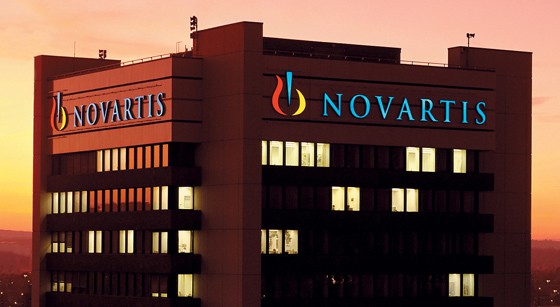
Novartis moved a step closer to US approval for its psoriasis candidate secukinumab after an FDA advisory committee gave unanimous support for the drug yesterday.
Secukinumab – currently leading the field among a new class of anti-interleukin-17 (IL-17) inhibitors – should be approved for the treatment of moderate-to-severe plaque psoriasis in adults who need systemic treatment for the skin disorder, said the panellists.
Like other IL17 inhibitors, secukinumab has been shown to be very effective in clearing psoriasis plaques in clinical trials, outperforming Amgen’s TNF antagonist Enbrel (etanercept), one of the most widely-used biologic therapies for the disease. It shows consistent activity regardless of the severity of symptoms.
A green light from the advisory committee puts Novartis on track for US approval of secukinumab in early 2015, ahead of rival IL-17 inhibitors such as Eli Lilly’s ixekizumab and Amgen/AstraZeneca’s brodalumab, which have both clear phase III trials and are due to be filed in the coming months. Secukinumab has also been filed for approval in Europe and Japan.
Vas Narasimhan, global head of development at Novartis, said: “There is a need for novel therapies [for psoriasis] as not all treatments are appropriate or effective in every patient. We look forward to working with the FDA as it finalises its review.”
The IL-17 inhibitors are expected to eat into the share of the psoriasis market held by TNF blockers as they seem not only to have superior efficacy – with a greater proportion of patients getting complete clearance of symptoms – but are also better-tolerated with no major safety issues identified in clinical trials to date.
Analysts see the greatest competition for the new class coming not from the TNF blockers but other new psoriasis therapies. These include Johnson & Johnson’s big-selling IL-12/IL-23 inhibitor Stelara (ustekinumab) – which grew 40% to top $1.5bn in sales in the first nine months of 2014 – as well as Celgene’s orally-active phosphodiesterase 4 (PDE4) inhibitor Otezla (apremilast), which was approved for psoriasis last month and has been tipped to become a $1bn-plus product at peak.
Coming up from the rear is J&J’s anti-IL-23 drug guselkumab, a more selective Stelara follow-up, which has started phase III testing and promises to have an improved clinical profile compared to its predecessor.




